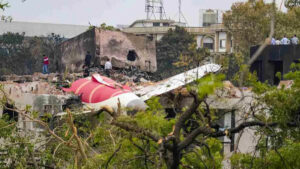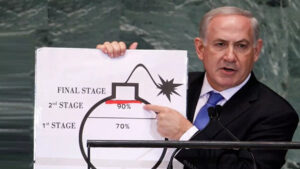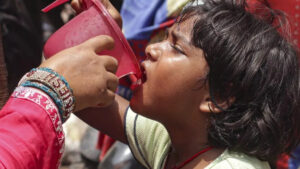Dhaka : Violent clashes among student groups at Khulna University of Engineering and Technology (KUET) this week left more than 150 injured and academic activities suspended in the university. Venue became a battlefield after disagreements about student politics escalated into physical attacks.
The clash was said to have started when members of the Jatiyotabadi Chatro Dol (JCD) of the BNP’s (Bangladesh Nationalist Party) student wing attempted to enroll new members at the campus. The move did not sit well with Students Against Discrimination (SAD) and the same protest group behind much of last year’s revolution that forced former Prime Minister Sheikh Hasina from power after 15 years. What began as a disagreement quickly grew into violent confrontations between the two parties.
Videos that circulated on Facebook depicted shocking scenes — students swinging scythes and machetes, while wounded students were rushed to hospitals for treatment. At least 50 students were treated for burn injuries, and the unrest quickly escalated when protestors locked up Vice Chancellor Mohammad Mashud and senior officials on campus after a physical fight.
The authorities have since dispatched extra police forces and say the situation is now under control. But both student factions are blaming each other, accusing the other side of causing the unrest.
This incident really poses a huge question about the future of student activism and its role in national politics for which universities are one of the vital beneficiaries in the case of Bangladesh.







